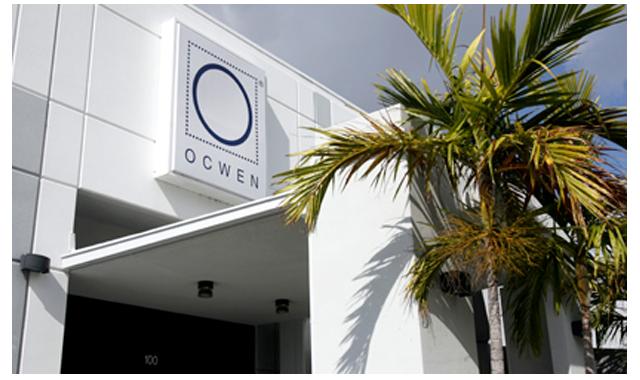Ocwen Forcing Homeowners Into Expensive Insurance
Overcharges may still be widespread because companies find other ways to receive kickbacks
Anyone who has taken out a home mortgage knows that one of the borrower’s key responsibilities is to pay hazard insurance premiums on the property and not let the policy lapse.
But are you aware that if you fail to keep the insurance current, or the premiums aren’t paid from your escrow account, the lender or its mortgage servicer can obtain its own coverage, which may cost you more than the policy you originally chose? How much more? Double the premium cost you had been paying? Triple? Even 10 times higher — sometimes for inferior coverage? Potentially any of the above.
A $140 million national class-action settlement last week — one of a series of cases brought against major banks, mortgage servicers and insurers — shed fresh light on a controversial business practice in the mortgage industry: alleged kickbacks in connection with “force-placed insurance” policies.
Force-placed insurance has been a feature of mortgage contracts for years. It has a legitimate purpose — protection of the lender’s collateral for the loan, the house, says Florida attorney Dennis Wall, who has written a newly published book on the subject for the American Bar Association. But when kickbacks and affiliate side deals drive premiums to abusive levels, he told me in an interview, “It’s a bad game.”
The latest settlement involves nearly 400,000 borrowers across the country whose mortgages were serviced by Ocwen Financial Corp. between January 2008 and January of this year. The plaintiffs, who filed suit in U.S. District Court in Miami, charged that Ocwen and Assurant, a large insurance company and its affiliates “entered into exclusive and collusive relationships” whereby the insurer or affiliates allegedly paid Ocwen kickbacks, commissions and other compensation in exchange for force-placed coverage for lapsed policies at inflated premium costs to the consumer.
Rest here…
~


Where is my “invite” to this “class action settlement” ??? Is this anything like before with the National Mortgage Settlement and other claims against the bank.. where the BANK determines who the victims are???
Yeah. Okay. Let’s identify x amount of people and give them all, oh, I don’t know, how’s $300 sound???
Oh well, 300 for 10,000 in overcharges in 5 years of up-charging my escrow dues must really be fair. Sigh.
Just because a “settlement” is “in the millions” DOES NOT MAKE IT SIGNIFICANT when the victims are IN THE MILLIONS !!!!!